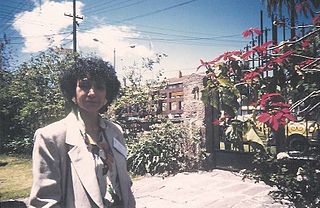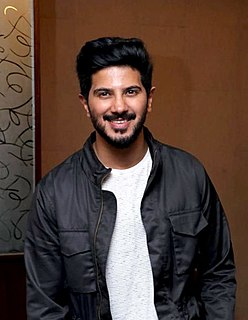A Quote by Sarah Polley
All of my short films are about marriages, and I think that this probably comes from some kind of unconscious fascination with my parents' story and what they went through.
Quote Topics
Related Quotes
A novel is like a long relationship and a short story is a brief one that lingers - it lingers powerfully and maybe more powerfully. I think that's true in a lot of cases, most long-term relationships compared to some of the briefer ones - the intensity of those brief ones that end, I think a short story is kind of like that. There's a certain level of intensity that I think is different.
I think another [myth] is that some marriages are just hopeless. This is a common thing I hear from people, "Well, I just think there are some marriages that are hopeless, Dr. Chapman, don't you agree with that?" I say I understand the feeling, but the fact is that there are no marriages that are hopeless.
I think Willa Cather did a short story called "Paul's Case," and in it, when he finally commits suicide, it says, "He surrendered to the black design of things." And that's what I anticipate death will be: a totally unconscious void in which you float through eternity with no particular consciousness of anything. I think once around is enough. I don't want to start it all over again.
I think there's definitely a way to tell a story, to also look at marriages that are working, but find drama from what's challenging them. That's what I think, certainly, 'Parenthood' is kind of about: the unexpected things that come up in your life that challenge you as a man, as a woman, as a husband and a wife, and as a parent.
I decided to make myself a little less precious with my storytelling. I think you can see from the first three pieces in the book that I have a long term relationship with the short story as a form and I really love an elegantly crafted story that has several elements that come together in a way that is emotionally complex and different from when we started. That kind of crystalline, perfect, idealized thing that the short story as a genre has come to represent.




































